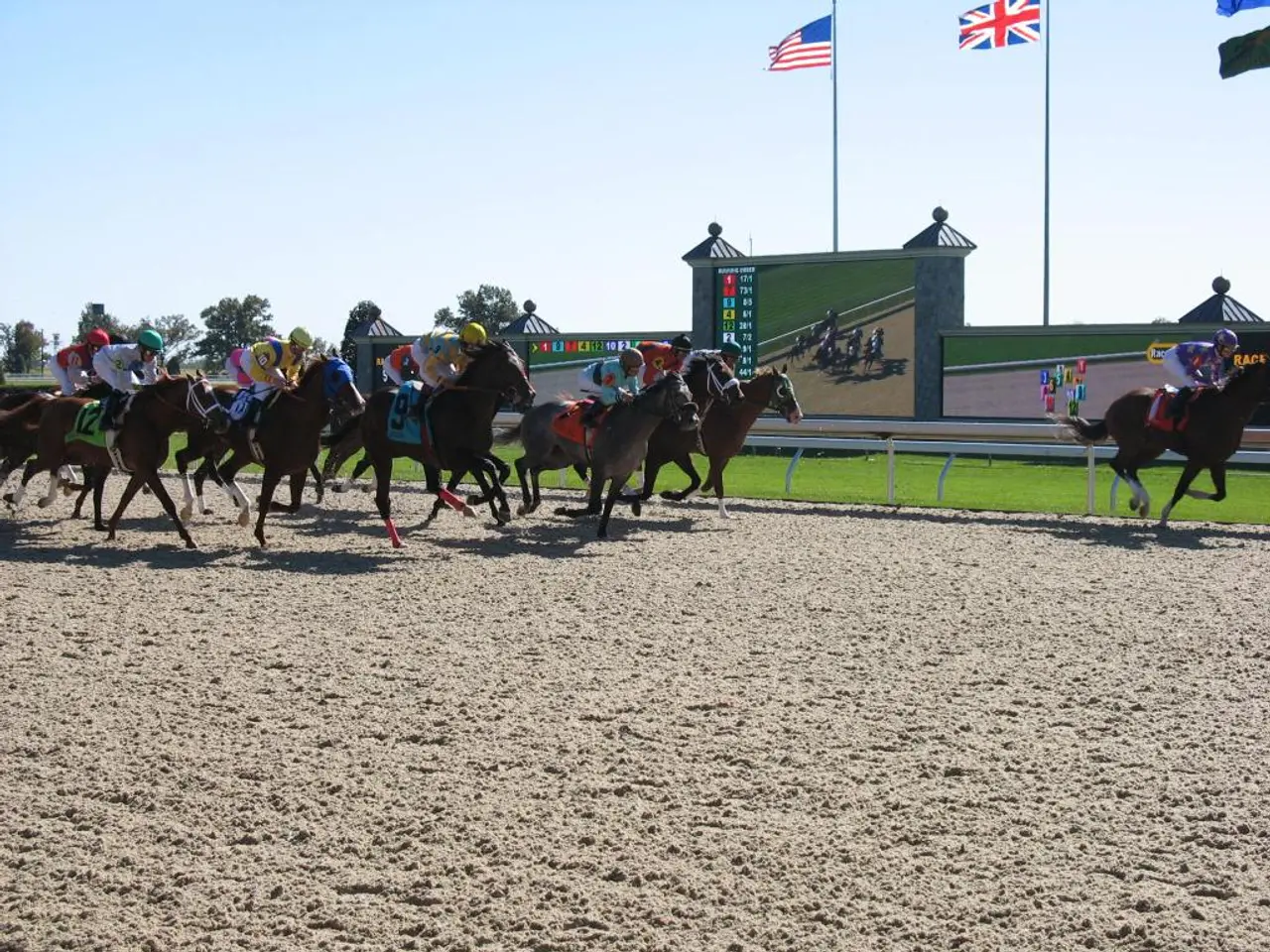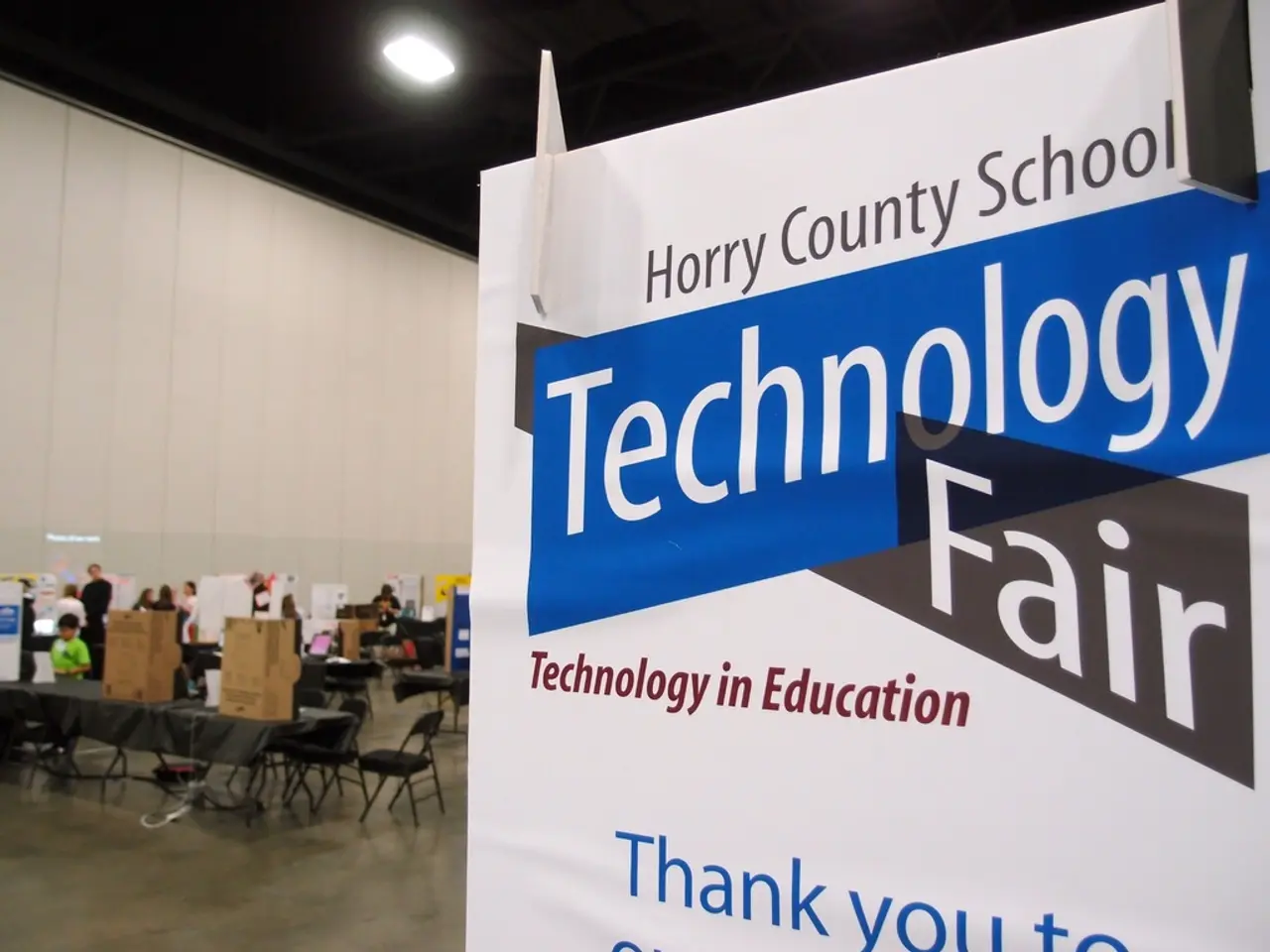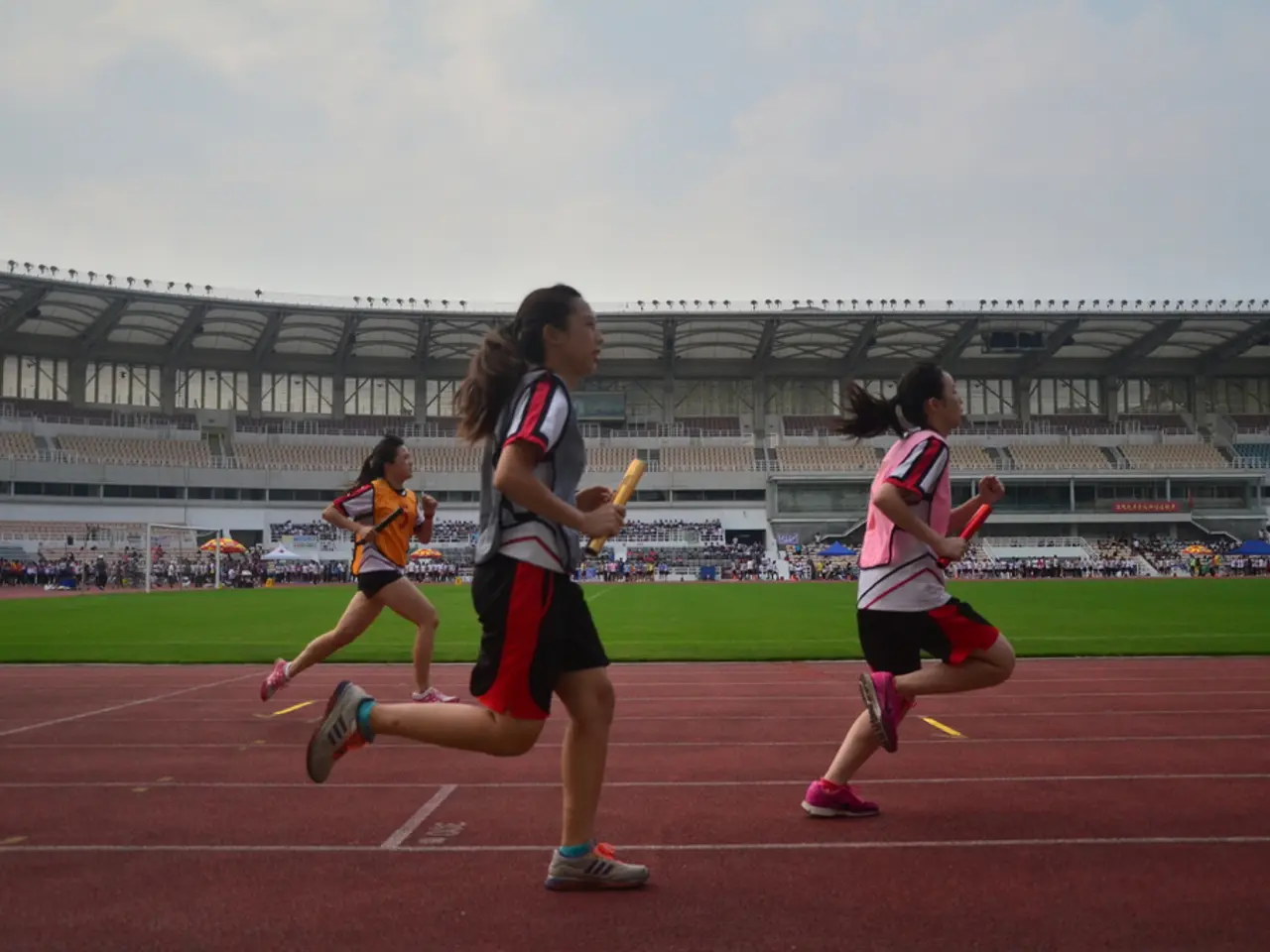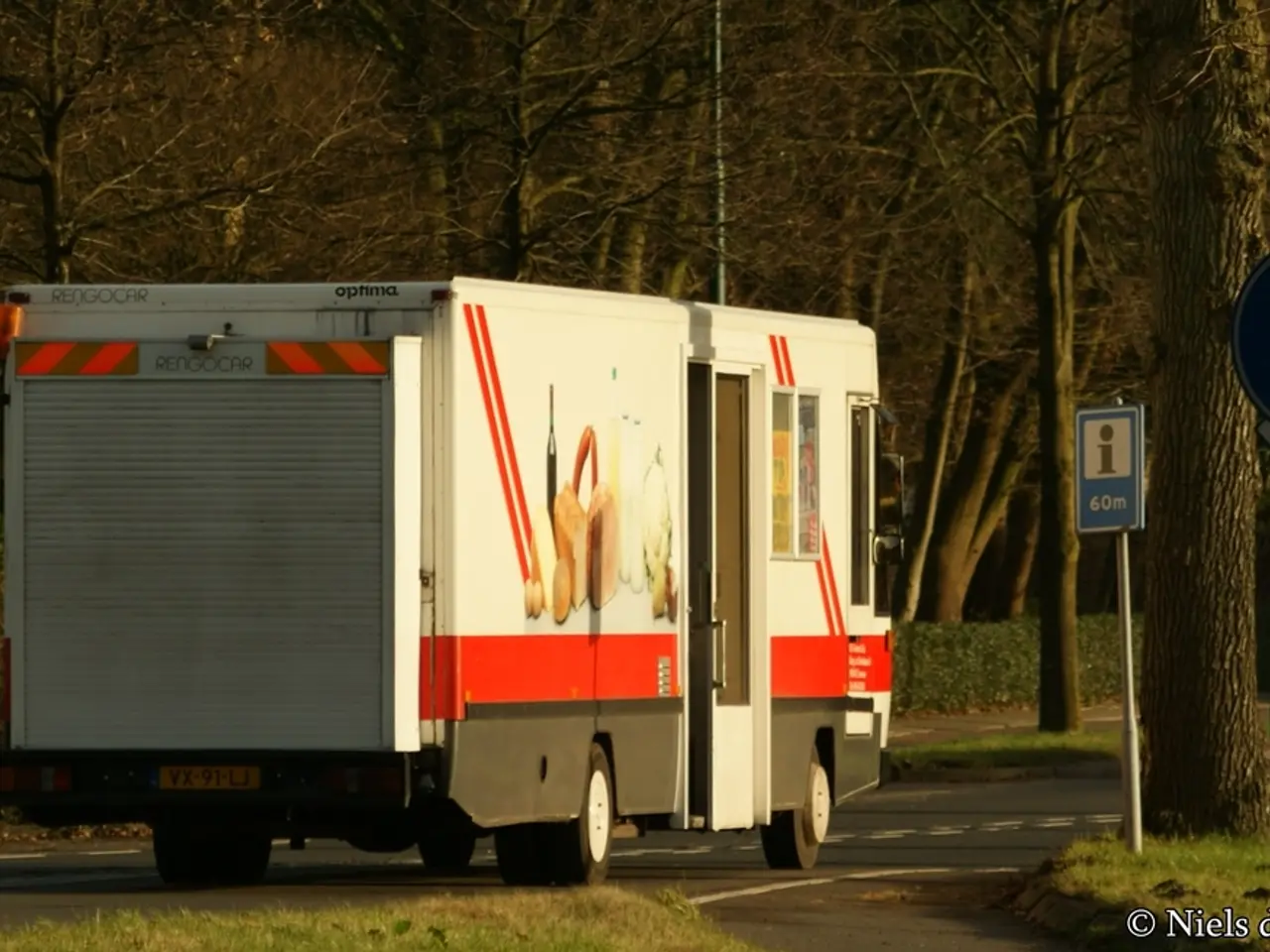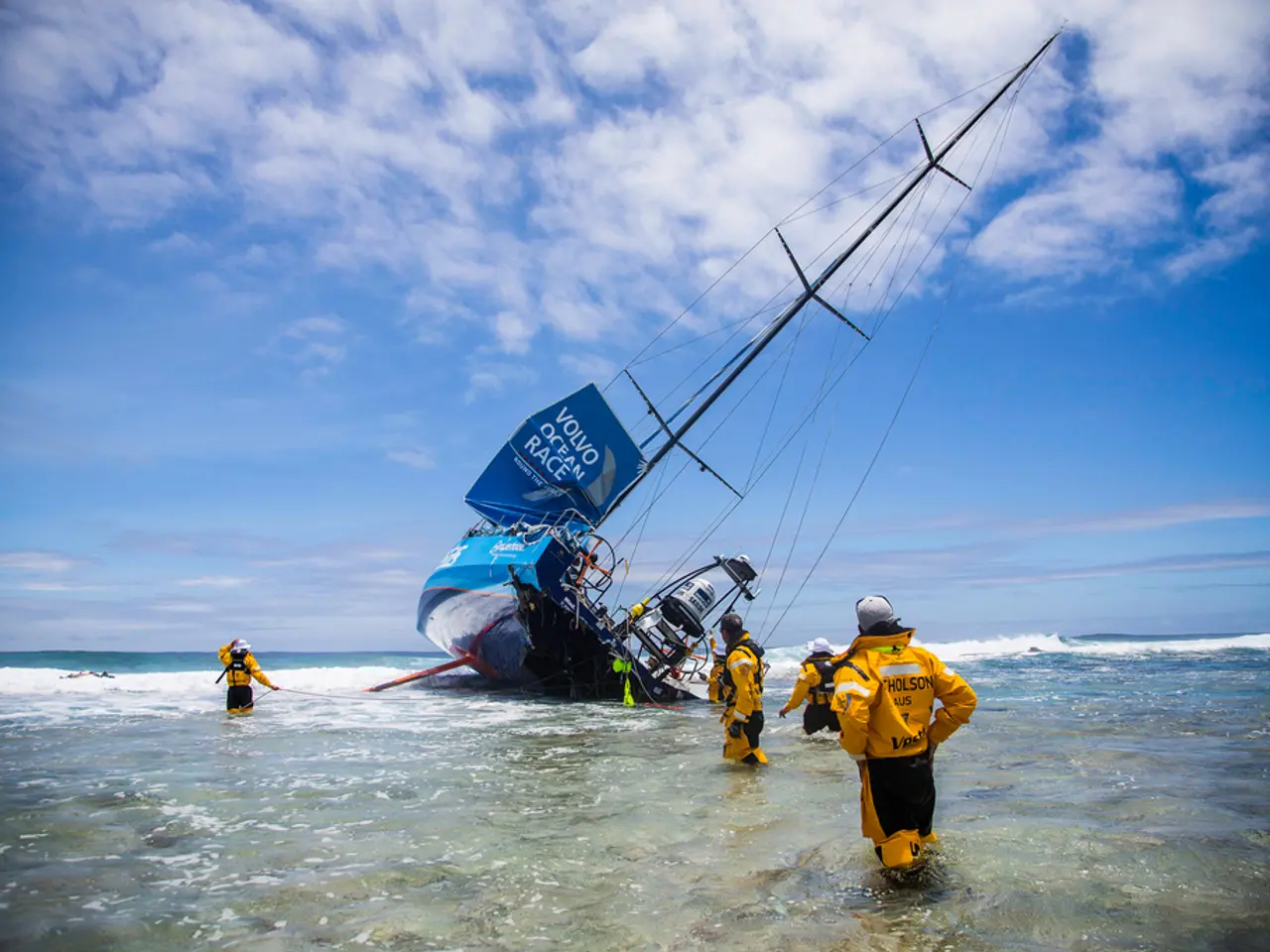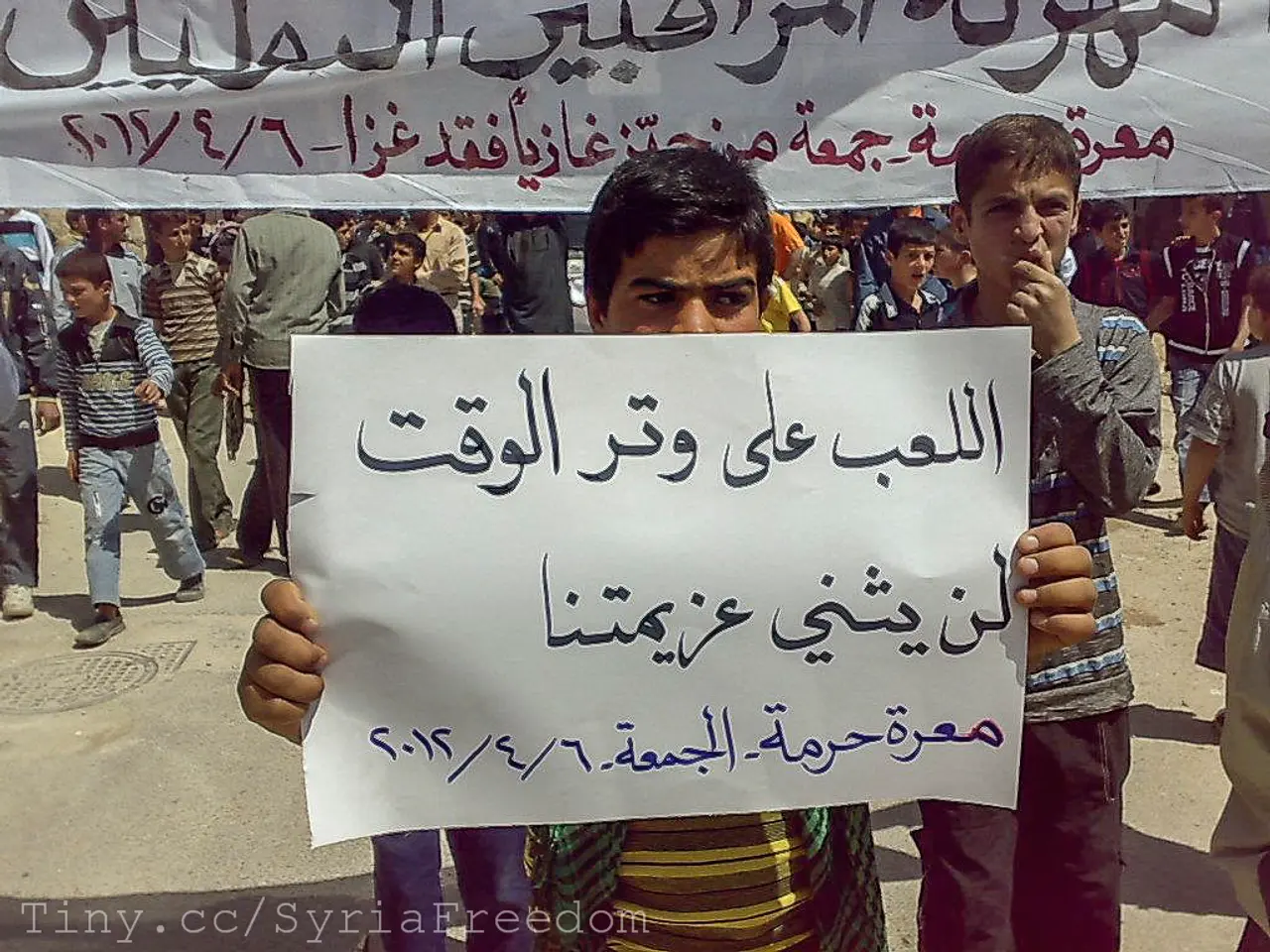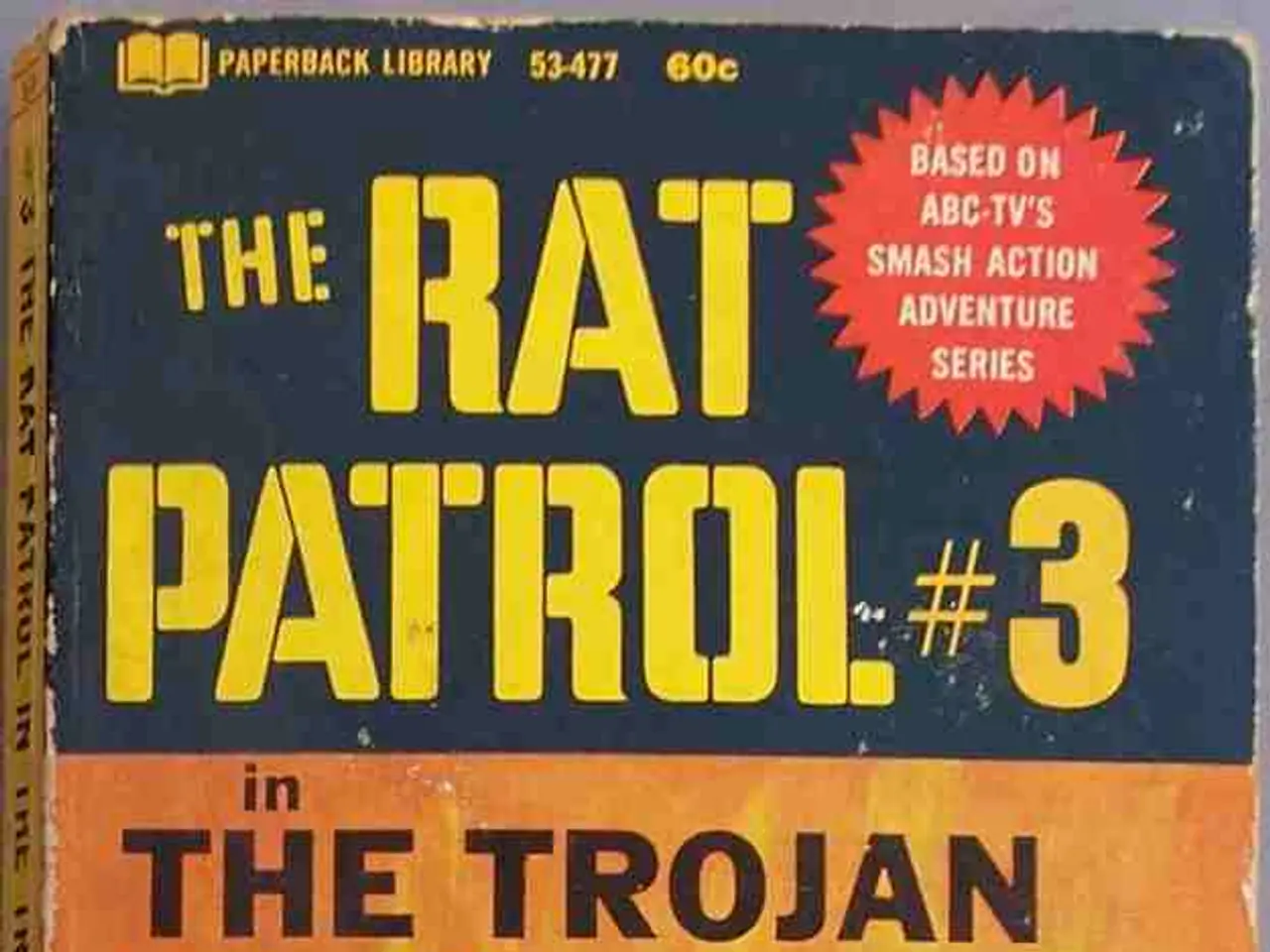Struggling Speedways Face Financial Pressure Due to Increasing Expenses and Lower Revenue from Media Contracts
Thurles racecourse, Ireland's only privately-owned racecourse, has closed its doors, highlighting the financial challenges faced by smaller racetracks in the country. The decision to close was a private one by the Molony family, who cited the high cost of doing business and increasing industry demands as key factors [1][2].
The closure comes as smaller racecourses grapple with rising operational costs, regulatory compliance expenses, and shrinking income streams like media rights [4]. In the case of Thurles, significant additional financial burdens included the need to meet new regulatory requirements set by Horse Racing Ireland (HRI) and the Irish Horseracing Regulatory Board (IHRB) [3].
One such requirement was the installation of a track watering system to prevent hard ground conditions, which would cost an estimated €300,000 [3]. Furthermore, a comprehensive redevelopment to comply with new standards was estimated to cost about €3 million, with the owners liable for approximately €1.8 million under HRI capital fund rules [3].
Additionally, the loss of revenue from cancelled race meetings due to substandard ground conditions and the inability to meet mandatory safety standards further compounded the financial pressure [3].
The Irish Horseracing Regulatory Board (IHRB) issued minimum requirements for all racecourses, including provision for watering systems [6]. Under HRI capital development fund rules, the Molony family would have to pay three-fifths of any cost for redevelopment [7].
The media rights deal for racecourses is performance-based, with easing-in provisions for the first few years [5]. However, these revenues have plateaued and are on the decline, contributing to the financial strain of racecourses [8].
As Thurles closes, there is growing scrutiny on the financial situation of Ireland's 25 other racecourses [9]. Smaller racecourses are not performing as well as they once did [10]. Mr. Hensey, the CEO of HRI, suggests that Thurles may be open to someone else taking over and running the racecourse [11].
HRI boss Suzanne Eade is due to meet the Molony family in the coming week amid calls for the track to be saved [12]. The financial pressure on smaller racecourses in Ireland is a complex issue, with factors ranging from rising business costs to declining media rights revenue and increasing industry regulatory demands [1][3][4].
References:
- RTE News
- The Irish Times
- HRI Capital Fund Rules
- HRI Annual Report 2020
- HRI Media Rights Deal
- IHRB Minimum Requirements
- HRI Capital Development Fund Rules
- HRI Annual Report 2020
- RTE News
- HRI Annual Report 2020
- RTE News
- RTE News
- Due to increasing industry demands and rising operational costs, smaller horse-racing tracks in Ireland, including Thurles, are struggling to meet financial obligations.
- The closure of Thurles racecourse, a privately-owned racetrack in Ireland, has spotlighted the financial challenges faced by smaller racing venues, particularly those grappling with regulatory requirements such as the installation of watering systems like the one estimated to cost €300,000.
